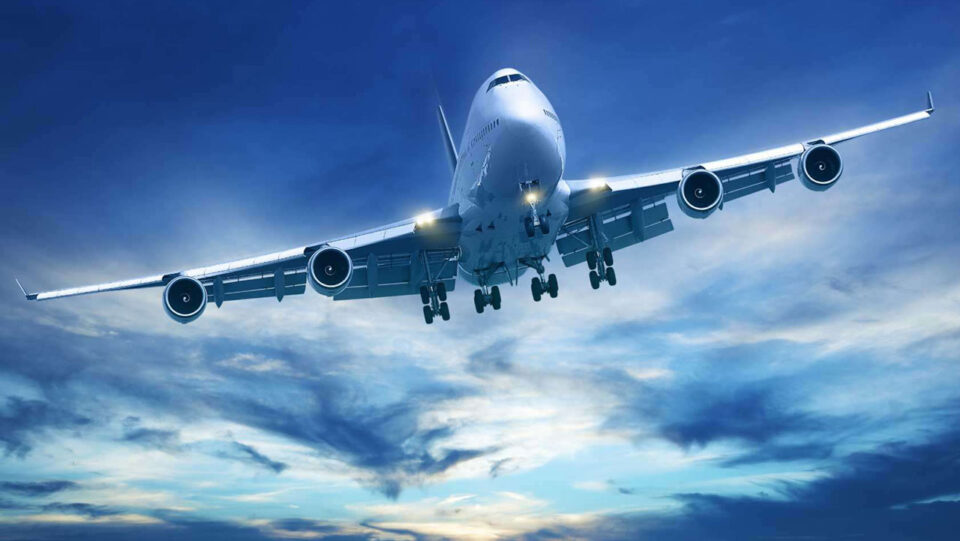
Air Travel Earns $1.7bn Annually, Create 341,000 Jobs
Contribution of the air travel sector to the country’s Gross Domestic Product (GDP) has been put at $1.7 billion yearly, with at least 341,000 direct jobs.
The Commissioner of the Accident Investigation Bureau (AIB) Nigeria, Akin Olateru, made this disclosure, saying aviation remains central to the national economy.
Olateru, who spoke at the 2020 National Tourism and Transportation Summit and Expo 2020, held in Abuja, said the potential of both aviation and tourism is best optimised via effective collaboration.
He said that the air travel earnings were consistent with the recent figures released by the International Air Transport Association (IATA) before the disruption of the COVID-19 pandemic.
Olateru, delivering a paper entitled: “Best Practices in Civil Aircraft Accident Prevention and Investigation for Sustainable Development of the Transportation and Tourism Industry,’ said air transport facilitates integration into the global economy. Also, it provides vital connectivity on a national, regional, and international scale, and also helps to generate trade, promote tourism, and create job opportunities.
He explained that air transport and tourism complement each other, pointing out that tourism depends on transportation to facilitate the movement of visitors, while the transportation industry depends on tourism to generate revenues for its services.
The commissioner further described air accident and serious incident investigation and timely release of safety reports as catalysts for sustainable development in the air transportation and tourism industry.
Olateru observed that, no matter what transport mode is, accidents always erode the public’s confidence in the safety of the transport system, adding that accidents could lead to injury or death and could cause environmental and economic disaster.
“Independent investigations into causes of accidents and major incidents helped to prevent tragedies and accident recurrence, thereby playing an important role in improving transport safety and bringing back the public confidence in transportation, leading towards sustainable development of transportation and tourism industries,” he said.
He noted that the Civil Aviation Act 2006 and the Civil Aviation (Investigation of Air Accidents and Incidents) Regulations of 2016 are the instruments that formed the legal framework upon which civil aviation accidents and incidents investigations are conducted in Nigeria.
He explained that AIB had consistently carried out its duties in line with the International Civil Aviation Organisation (ICAO) Annex 13, but informed that a draft bill to establish a multimodal transportation safety investigation system had passed the second reading at the National Assembly.
He said the bill sought to expand the scope of accidents and serious incidents’ investigation to cover the air, maritime, and rail transportation occurrences, stressing that the experience gathered over the years in air accident investigation would be applied to the other two modes of transportation investigation occurrences.
